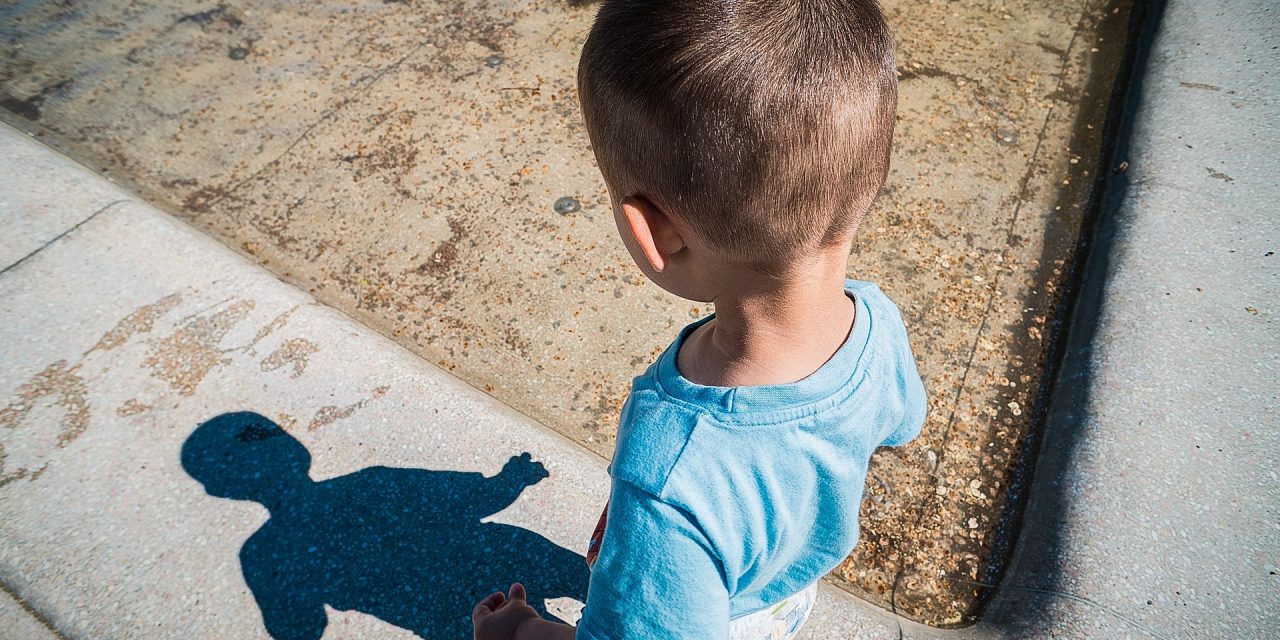An immigration judge ordered the immediate release of a three-year-old immigrant child and his mother from a detention center in rural Pennsylvania on Monday, stating that it was one of the most sympathetic cases for release he had encountered in his career. The child’s release marks what will hopefully be a positive turn for immigrant minors, who are required to be freed as quickly as possible but have often suffered in detention centers for weeks, months, or even years.
In this case, three-year-old “Josue” and his mother, “Teresa,” were detained for more than 645 consecutive days in family detention centers, or “babyjails,” in Texas and Pennsylvania. Josue learned to walk and talk behind bars and his only memories are those formed within the walls of the Berks detention center.
Josue and his mother fled physical and sexual assault and threats of kidnapping in Honduras in October 2015, one year after the “immigration surge” of 2014. The Obama administration had previously implemented the controversial policy of jailing asylum-seeking mothers and their children en masse during the credible fear interview process, the first stage of asylum proceedings. The pair was detained briefly in Karnes City, Texas, before being transferred to a different, smaller detention center in Berks County, Pennsylvania, where they languished for almost two more years.
Most of the families who are detained upon their arrival to the United States are released within several weeks following a finding that they have a credible fear of persecution in their home country and are then permitted to continue fighting their cases before an immigration judge in a non-detained setting.
After exhausting all other legal avenues for release, Josue and Teresa became petitioners in a federal court case called Castro v DHS in December 2015. In addition to 18 other immigrant families represented in the case, the American Civil Liberties Union had determined that Josue and Teresa’s credible fear process had been improperly conducted. The court found, however, that it lacked jurisdiction to hear the case, and the Supreme Court subsequently declined to review the lower court’s decision.
Most of the Castro families have since been deported to uncertain fates. But Josue and Teresa, as well as a small handful of the other Castro families, have been spared so far. Almost one year ago, Josue was granted Special Immigrant Juvenile Status (SIJS) on the basis that he was neglected and abandoned by his father; as a result, he now has a pending green card application. Josue’s release from detention this week means he will be able to continue on his path to a green card, but outside the walls of a jail.
Josue and Teresa’s release followed federal Judge Dolly Gee’s decision this June, ordering the government to comply with the Flores Settlement Agreement, which governs the detention, release, and treatment of immigrant children in the custody of the Department of Homeland Security (DHS). Flores expressly states that all minors – not only those who are unaccompanied – be processed out of detention as “expeditiously as possible” and be notified of their rights, including their right to a bond hearing. Specifically, Flores demands that non-citizen minors be released within five days, or placed in a licensed, unsecure facility. All of the country’s three family detention centers are both unlicensed and secure, and are therefore not in compliance with Flores.
Three-year-old Josue’s release from detention on Monday night is significant because it signals at least one immigration court’s commitment to honoring the rule of law in a climate of fear and anti-immigrant rhetoric. It also symbolizes a break from years – and tens of thousands – of immigrant children not having the opportunity to speak to an immigration judge and contest their detention. Hopefully, Josue is the last immigrant child who is needlessly and inhumanely detained behind bars for so much of his young life.
FILED UNDER: Berks Detention Facility, Castro v. Department of Homeland Security, Children, featured, Flores v. Reno


